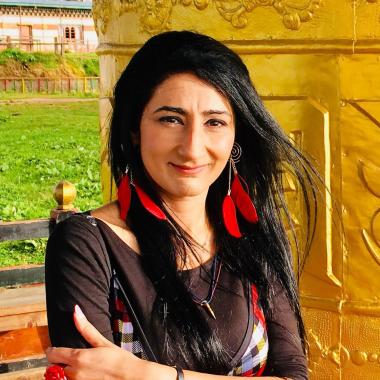

In this talk, Professor Kaul will present her work on reconceptualising misogyny (beyond merely a hatred for women) in terms of feminisation as a prelude to devaluation, and why it matters for democracy and climate change. Misogyny intersects with political legitimacy, and is strategically useful in projects of ELMA (Electorally Legitimated Misogynist Authoritarian) leaders in multiple contemporary democracies. Interlocking insecurity generating mechanisms are embedded in the analytical links between misogyny and politics, so that empirically, political partisanship and attitudes towards gender, authoritarianism, and climate change are linked. Tackling climate change is thus part of a portfolio that includes seriously attending to the working of misogyny and gender hierarchies on the one hand and the authoritarian challenge to democracy on the other.
Read
Kaul, N. (2021). The Misogyny of Authoritarians in Contemporary Democracies. International Studies Review, 23: 4, 1619-1645.
About the event
This event is only for Westminster’s staff and students - no registration is required. It will take place at Regent Street, Room 413.
About the speaker

Nitasha Kaul
Nitasha Kaul is a multidisciplinary academic, novelist, economist, poet, and public intellectual. She is Professor of Politics, International Relations, and Critical Interdisciplinary Studies and is the Director of Centre for the Study of Democracy (CSD) at Westminster. She is the author of over 150 publications, including 7 single-authored or edited scholarly and literary books, book chapters in numerous critical and ground-breaking edited collections, plus peer-reviewed original research articles in numerous journals across humanities and social science disciplines on themes relating to democracy, political economy, Hindutva/Indian politics, misogyny, technology/Artificial Intelligence, identity, rise of right-wing nationalism, feminist and postcolonial critiques, small states in geopolitics, regions of Bhutan, Kerala, and Kashmir.
